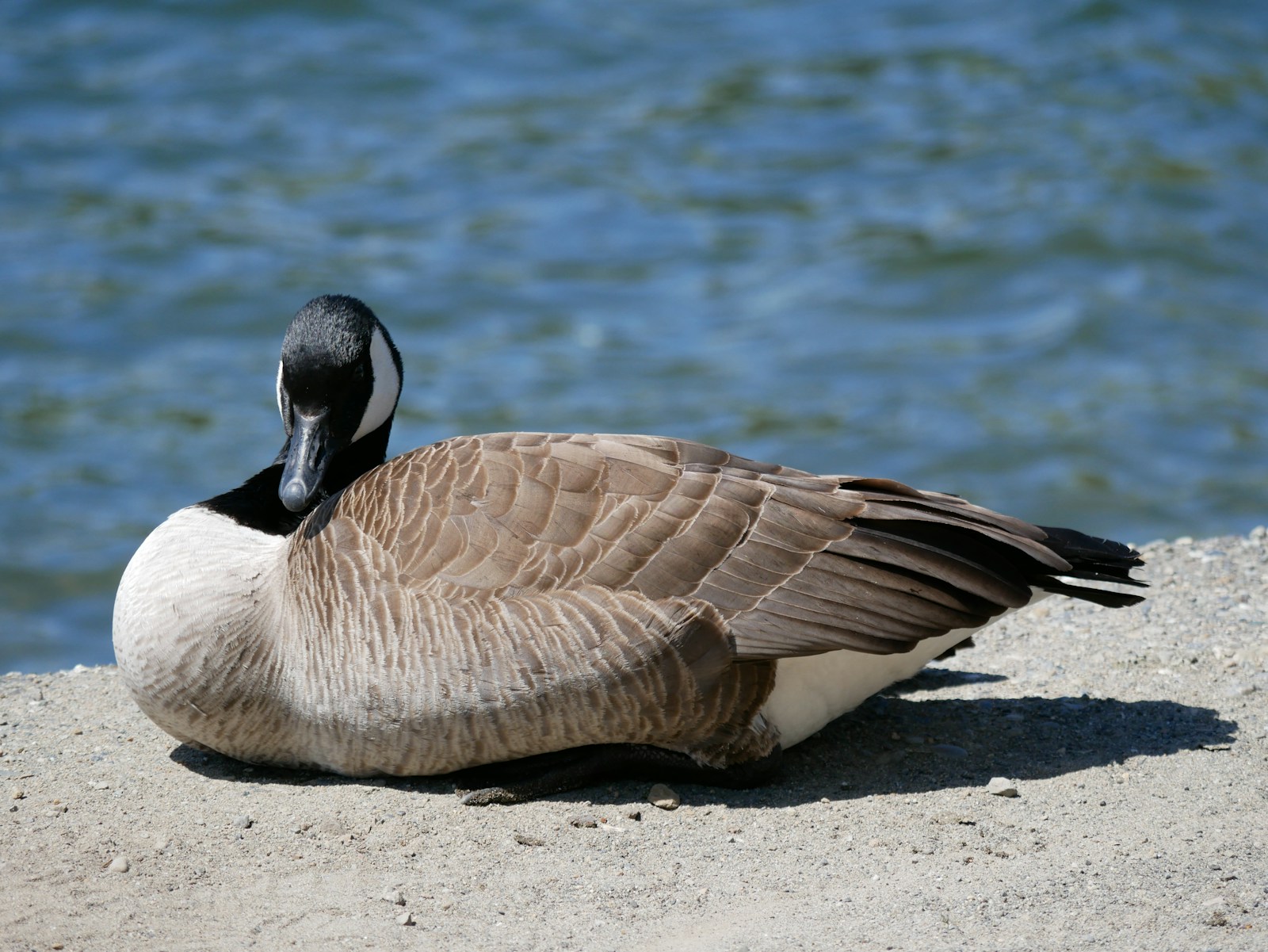
ganso

Goose
The Spanish word 'ganso' translates to 'goose' in English. This is a type of bird, commonly found in the wild in many parts of the world as well as in domestic settings. Geese are often recognized for their distinctive 'honking' call, their ability to fly in a 'V' formation, and their aggressive behavior when confronted by potential intruders or threats.
Example sentences using: ganso
Carlos es más tonto que un ganso.

Carlos is dumber than a goose.
This statement provides an informal comparison of someone's intelligence to that of a goose. It is generally used in a playful or light-hearted manner, not necessarily as an insult.
En mi granja tengo un ganso.

I have a goose in my farm.
This sentence is a simple statement about someone owning a goose on their farm. It is a typical and clear use of the word 'ganso'.
Pedro solía alimentar al ganso en el parque.

Pedro used to feed the goose in the park.
This sentence uses the past tense to describe a regular action, feeding a goose, that someone named Pedro used to perform.
Ese ganso siempre se roba el pan de los patos.

That goose always steals the bread from the ducks.
This sentence anthropomorphizes a goose, attributing human-like behavior, stealing, to it.
¿Has visto a ese ganso volar sobre el lago?

Have you seen that goose flying over the lake?
This sentence is a question asking if someone has witnessed a goose flying over a specific location, in this case a lake.
Mi madre dice que soy flojo como un ganso.

My mother says that I am lazy like a goose.
This sentence involves a comparison between a person's laziness and the perceived laziness of a goose.
Estabamos en una búsqueda de ganso salvaje.

We were on a wild goose chase.
A 'wild goose chase' is an idiom in English signifying a futile or hopeless pursuit, derived from the supposed difficulty in catching a wild goose.
El ganso es más grande que el pato.

The goose is larger than the duck.
This sentence makes a comparison between the size of a goose and a duck.
El plato principal es ganso asado.

The main course is roasted goose.
This sentence is referring to the culinary usage of geese, specifically a dish made by roasting a goose.
El ganso está chillando en el jardín.

The goose is honking in the garden.
This sentence describes the specific sound a goose makes, referred to as 'honking' in English, and places this action in a specific location, the garden.